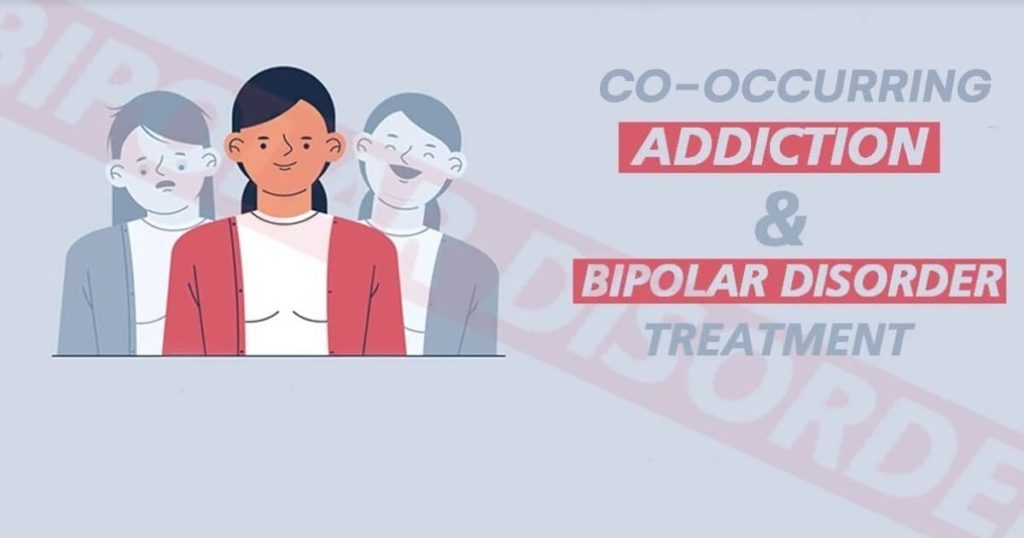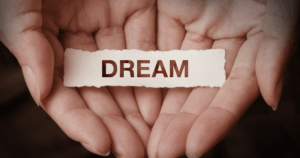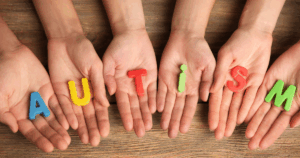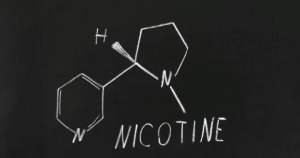Treating bipolar disorder treatment can be complex. Sometimes, the condition is also called manic depression. These side effects may cause you to cycle in and out of manic phases and depressive phases along with Co-Occurring Addiction.
According to the National Institute of Mental Health, Treatment for bipolar disorder needs to focus on the mental health condition itself and co-occurring disorders, including addiction.
Below, we discuss everything you should know about the treatments for people with bipolar disorder, including when your diagnosis includes Co-Occurring Addiction.
Understanding Bipolar Symptoms
We all have times where our moods are up and down. Those normal fluctuations are not bipolar, nor are they mental disorders. Instead, diagnosed bipolar disorder in adults is a complex brain disorder causing changes in mood, energy, and functionality. If you have a bipolar diagnosis, you may experience intense emotional states, including a very elevated mood followed by severe depression. You can find out everything you need to know about bipolar disorder here.
These states are manic or hypomanic periods and then depressive periods, also known as major depression. You may also have times where your mood is neutral.
While dealing with the symptoms is challenging, if you receive the appropriate treatment, you can live a productive, entire life with bipolar, managing both your mania and depression symptoms.
Three subcategories exist, and your diagnosis can determine your treatment.
The first is bipolar disorder 1. Features include:
- Primarily you trigger a manic episode or manic symptoms
- You may have irritability, increases in energy levels, or feel like you’re on top of the world
- During this time, your sleep patterns may change
- Less commonly, you may have depressive symptoms affecting activity levels
Mental Health Center of San Diego
Symptoms of Co-Occurring Addiction Bipolar Disorder 2 include:
- You have at least one major depressive episode and at least one hypomanic episode
- If you have a II diagnosis, you return to normal functioning between episodes
- With II disorder, it’s common to have other co-occurring addiction, including anxiety or substance use disorder
Cyclothymic disorder symptoms include:
- Milder mood swings and symptoms of depression
- You may experience some emotional ups and downs, but symptoms are less severe than bipolar I and II
- During two years, you have mood swings lasting at least half the time
Diagnosis and Treatment
Long-term treatment can happen after you receive a formal diagnosis. To make an accurate diagnosis, your healthcare provider may go over your complete medical history and do a physical exam and lab tests to rule out underlying health conditions that could trigger your symptoms.
Then, your doctor is likely to provide you with a referral to other mental health professionals. A psychiatrist may talk to you and speak to the people close to you as they make a diagnosis with your permission. From there, your psychiatrist will likely guide your treatment.
This condition is chronic, meaning it will last for your lifetime. Treatment focuses on symptom management and helping you have a productive life.
Mental Health Center of San Diego
Treatment for bipolar disorder symptoms can include:
- Medicines are helpful and a first-line treatment for balancing your mood and helping with depressive symptoms. Pills tend to begin working pretty quickly. Specific types of drugs include mood stabilizers, antipsychotic medications, antidepressant drugs, and anti-anxiety medication. Many times, your doctor will prescribe a combination of medicines, including mood-stabilizing medications.
- Psychotherapy – this is another word for talk therapy which is an effective treatment for a mood disorder. Talk therapy and psychological therapies for bipolar can occur in an individual setting and a group. You might also participate in family – focused therapy or relationship therapy. One of the specific types of treatment most often used is cognitive-behavioral therapy or CBT.
- With CBT, you’ll work with a therapist to identify your negative thoughts and behaviors. Once you identify these negative patterns, you can start to replace them with healthy ones.
- Lifestyle changes – It’s common for therapists to advise you to change your lifestyle and daily routines to be healthier overall. One of the significant changes you may need to make is stopping drugs and alcohol, which we’ll discuss below. Drug and alcohol abuse are common in people with bipolar, but they can make your symptoms worse.
- Other lifestyle changes include eating a healthy diet, being physically active, and having consistent routines. You could also pursue sources of alternative medicine to improve your quality of daily life.
Bipolar and Addiction
As is the case with other mental illnesses, there is a risk factor for substance use disorders. There’s a strong link between bipolar and co-occurring addiction. According to research from the Substance Abuse and Mental Health Services Administration (SAMHSA), as many as 30% to 50% of people with bipolar may develop a substance use disorder.
So, what causes the link between the two conditions?
A few reasons that bipolar and addiction often occur together, known as a co-occurring condition, include:
- The two share risk factors, such as environmental factors, life events, and family histories. Both conditions are mental illnesses; many of the same factors that can contribute to one also contribute to the other. For example, there are similar genetic components to each.
- Sometimes, the symptoms of bipolar can lead to substance dependence and addiction. For example, you could try self-medication or deal with your symptoms on your own with drugs or alcohol. If you’re experiencing a manic episode, you might feel euphoric, and you could want to continue that feeling with drugs.
- Being in a manic episode also makes you more likely to take risks. If you’re experiencing an episode of depression, you might take stimulants to improve your energy or mood.
- Researchers and healthcare providers understand more that substance use can trigger the development of mental health conditions. Using drugs and alcohol regularly changes the brain. Those brain changes can contribute to or worsen mental health disorders.
Dual Diagnosis Treatment
If you are struggling with drugs or alcohol and another mental condition, your treatment should be for dual diagnosis. What is dual diagnosis treatment?
- If you have a co-occurring mental health disorder and addiction, your treatment plan should consider both. An individualized treatment plan will take into consideration your individual needs.
- The recommendation is to get treatment for both disorders at the same time. Otherwise, you’re going to be at a greater risk of relapse. With therapy for your co-occurring disorders, your treatment team can help address the relationship between both conditions.
- Also known as an integrated treatment, research shows this type of program can help reduce your symptoms, lower the risk of visiting the hospital and increase the likelihood that you’ll maintain employment, live well independently, and feel more satisfied with your life.
If you were to receive treatment for your drug or alcohol abuse and not your bipolar symptoms, then you would be more likely to relapse because of the close relationship between the 2 conditions. Integrated treatment gets to the root elements of your addiction and bipolar for better outcomes.
Features of dual diagnosis treatment may include:
- Cognitive-behavioral therapy—again, as we mentioned above, talk therapy is excellent for bipolar depression and episodes of mania, but for addiction as well. CBT is an excellent way to assess your thoughts and behaviors to make positive long-term changes.
- Dialectical behavioral therapy—another form of talk therapy, DBT, can help reduce negative behaviors including substance use and self-harm.
- Medication-assisted treatment—MAT uses FDA-approved medicines to help you if you have a substance use disorder. These treatments are an essential part of stabilizing so that you can go through treatment.
Mental Health Center of San Diego
Final Thoughts
If you’re considering treatment for a co-occurring disorder, we encourage you to contact The Mental Health Center of San Diego at (858) 258-9883. The main priority is that you receive treatment that’s individualized and tailored to your needs. That’s at the core of co-occurring addiction and bipolar disorder treatment.









